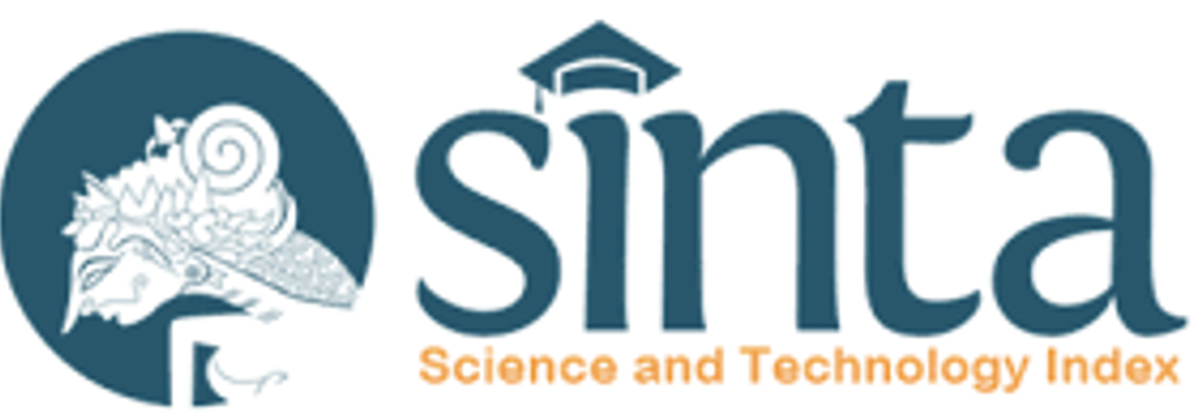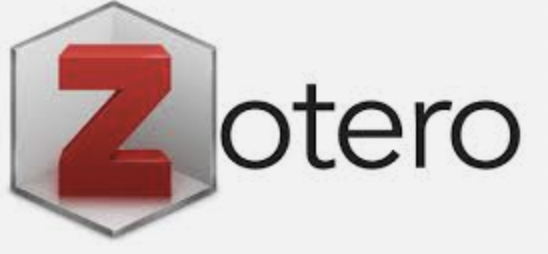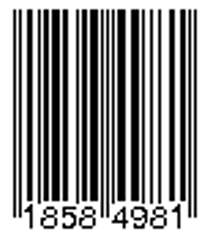Interaktive Smartboard: Apakah dapat Meningkatkan Kemampuan Berpikir Kritis Siswa?
DOI:
https://doi.org/10.21067/jppi.v18i2.10506Keywords:
Interactive Smartboard, Learning Media, Critical ThinkingAbstract
This study aims to determine the effect of the application of interactive use of smartboards on students' critical thinking skills in order to realize the sustainable development goals (SDGs). This study uses a quantitative approach with a quasi-experimental type through a non-equivalent control group design. The population is class X which consists of 15 classes and the research sample, namely class X12 as an experimental class and X6 as a control class. The data collection technique used consists of tests and observations. The results of the prerequisite test showed that the data was distributed normally and homogeneously, so to test the hypothesis use ujit. The results were > ttable (8,502 >2,036), meaning that the use of interactive smart boards had an impact on the acquisition of students' thinking skills in order to realize the SDGs.
References
Abdullah, A. H., Mun, S. H., Mokhtar, M., Ashari, Z. M., Jumaat, N. F., Ali, D. F., Samah, N. A., & Abdurrahman, M. S. (2020). Using Active Learning with Smart Board to Enhance Primary School Students’ Higher Order Thinking Skills in Data Handling. Universal Journal of Educational Research, 8(10), 4421–4432. https://doi.org/10.13189/ujer.2020.081009
Abdullah, M. (2015). Metodologi Penelitian Kuantitatif. Aswaja Pressindo.
Abid Ali, Shafqat Ali, Iram parveen. (2023). Impact of Using Interactive Smart Boards on Academic Achievement of Secondary School Students. Global Education Studies Review, VIII(II), 467–474. https://doi.org/10.31703/gesr.2023(VIII-II).42
Fatahullah, M. M. (2016). Pengaruh Media Pembelajaran dan Kemampuan berpikir kritis terhadap hasil belajar IPSP Mata Pelajaran Ilmu Pengetahuan Sosial merupakan bahan kajian yang wajib dimuat dalam kurikulum pendidikan dasar dan menengah yang antara lain mencakup ilmu bumi, sejara. JURNAL PENDIDIKAN DASAR, 7, 237–252.
Fatoni, F. G., & Mustari, M. (2023). Strategi Pembelajaran Dalam Menghadapi Tantangan Era Revolusi Industri 4 . 0 A . Sejarah Era Revolusi Industri. Jurnal Studi Pendidikan Dan Pembelajaran, 2(2), 1–8.
Herianto, E. (2021). How to Apply HOTS-based E-learning in Higher Education? Randwick International of Education and Linguistics Science (RIELS) Journal, 2(2), 157–169.
Herianto, E. (2023). Implementation of HOTS-Based Learning in Higher Education. 61–71. https://doi.org/10.2991/978-2-494069-17-6
Ismail, M., Zubair, M., & Alqadri, B. (2023). Integration of Technological Pedagogical and Content Knowledge in 21 st Century Learning. Jurnal Penelitian Pendidikan IPA, 9(5), 2363–2367. https://doi.org/10.29303/jppipa.v9i5.3732
Julius, E., Mun, S. H., Abdullah, A. H., Mokhtar, M., & Suhairom, N. (n.d.). Using Digital Smart Board to Overcome Higher Order Thinking Skills Learning Difficulties in Data Handling among Primary School Students. IJIM, 12(7), 43–59.
Karlina, H. (2017). Penggunaan Media Audio Visual Untuk Meningkatkan Kemampuan Menulis Naskah Drama. E-Jurnal Literasi, 1(April).
Khomarudin, N. (2020). Integrasi Teknologi Dalam Pembelajaran Implementasi Pembelajaran Ilmi Teknologi Masyarakat. The Journal of Social and Economics Education, IX(2), 67–79.
Kurniawansyah, Dahlan, Yuliatin. Persepsi Mahasiswa Program Studi PPKn FKIP Universitas Mataram Terhadap Pembelajaran Daring Pada Mata Kuliah Sistem Politik dan Pemerintahan Indonesia di Masa New Normal.Jurnal ilmiah Profesi Pendidikan.
Lestari, L. Z. dan I. (2019). berpikir kritis dalam konteks pembelajaran (Erminawati (ed.)). Erzatama Karya Abadi.
Mulyani, A. Y. (2022). Pengembangan Critical Thinking Dalam Peningkatan Mutu Pendidikan di Indonesia. Jurnal Pendidikan Dan Pembelajaran, 1(1), 100–105. https://doi.org/10.54259/diajar.v1i1.226
Olugbade, D., Dare, R. F., & Tolorunleke, E. A. (2023). Examining the Impact of Interactive Smart Board Use on Technical Students’ Learning Outcomes in Nigerian Higher Educational Institutions. Journal of Education in Black Sea Region, 8(2), 30–40.
Safitri, A. O., Yunianti, V. D., & Rostika, D. (2022). Upaya Peningkatan Pendidikan Berkualitas di Indonesia: Analisis Pencapaian Sustainable Development Goals (SDGs). JURNAL BASICEDU, 6(4), 7096–7106.












